POWER & UTILITY
POWER & UTILITY
The Power and Utility sector is responsible for generating, transmitting, and distributing electricity, as well as providing essential services like water, gas, and waste management. This industry is critical for supporting modern life, powering homes, businesses, and industries, and ensuring access to clean water and energy. Below is a brief overview of the power and utility sector:
Key Components of Power and Utility
- Power Generation:
- Producing electricity from various sources, including fossil fuels (coal, natural gas), nuclear, and renewable energy (solar, wind, hydro).
- Operating power plants and managing energy production.
- Transmission and Distribution:
- Transmitting electricity from power plants to substations via high-voltage transmission lines.
- Distributing electricity to homes and businesses through local networks.
- Renewable Energy:
- Developing and managing renewable energy projects, such as solar farms, wind turbines, and hydroelectric plants.
- Promoting sustainability and reducing carbon emissions.
- Water and Wastewater Management:
- Treating and supplying clean water to households and industries.
- Managing wastewater treatment and recycling.
- Natural Gas Distribution:
- Supplying natural gas for heating, cooking, and industrial use.
- Maintaining pipelines and ensuring safe delivery.
- Energy Storage and Grid Management:
- Storing excess energy using batteries or other technologies.
- Managing the electrical grid to ensure stability and reliability.
Key Roles in Power and Utility
- Power Plant Operator:
- Monitors and controls equipment at power generation facilities.
- Ensures efficient and safe energy production.
- Electrical Engineer:
- Designs and maintains electrical systems, including power grids and distribution networks.
- Develops solutions for improving energy efficiency and reliability.
- Renewable Energy Technician:
- Installs, maintains, and repairs renewable energy systems, such as solar panels or wind turbines.
- Ensures optimal performance of renewable energy installations.
- Water Treatment Operator:
- Operates and maintains water treatment plants to ensure clean water supply.
- Monitors water quality and compliance with regulations.
- Lineworker (Lineman):
- Installs and repairs electrical power lines and cables.
- Works on overhead or underground transmission and distribution systems.
- Energy Analyst:
- Analyzes energy usage and develops strategies for efficiency and cost savings.
- Monitors energy markets and trends.
Skills and Qualifications
- Technical Skills: Knowledge of electrical systems, machinery, or renewable energy technologies.
- Problem-Solving Skills: Ability to troubleshoot and resolve technical issues.
- Safety Awareness: Understanding of safety protocols and regulations.
- Certifications: Certifications such as NERC (North American Electric Reliability Corporation) or water treatment licenses can enhance career prospects.







